Health
-

Six cancers rising faster in younger adults than older ones
Large new global study fuels growing concern over trend of increases in several types

-

What’s next for GLP-1s?
Scientists eye new treatment targets for popular weight-loss drugs, from heart failure to addiction
-

Pricey blockbuster GLP-1s are costing users — and most of the rest of us, too
Health insurers are passing along cost for coverage in form of higher rates across the board, policy researcher says
-

Drinking 2-3 cups of coffee a day tied to lower dementia risk
Caffeinated tea also found to slow cognitive decline in study

-

New AI tool predicts brain age, dementia risk, cancer survival
Unlike other AI models, BrainIAC needs limited data to ID key neurological health indicators

-

It’s time to get more comfortable with talking about dying
Palliative care physicians offer advice for end-of-life conversations between patients, loved ones
-
Breathing freely
Mass General study shows the benefits of inhaled nitric oxide therapy for pregnant patients with severe and critical COVID-19.
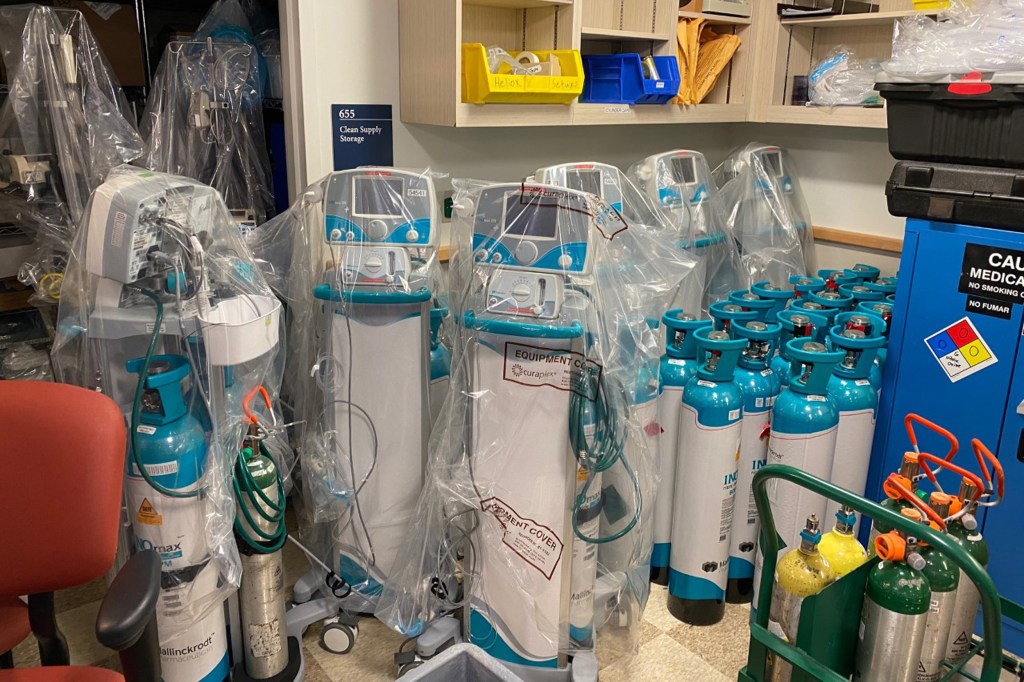
-
$30M commitment supports development of therapies for viral infections
Harvard University and AbbVie have announced a $30 million collaborative research alliance to study and develop novel therapies against emergent viral infections, with a focus on those caused by coronaviruses and by viruses that lead to hemorrhagic fever.

-
Children’s role in spread of virus bigger than thought
A new study has found that children infected with the virus that causes COVID-19 were shown to have a significantly higher level of virus in their airways than hospitalized adults in ICUs for COVID-19 treatment.
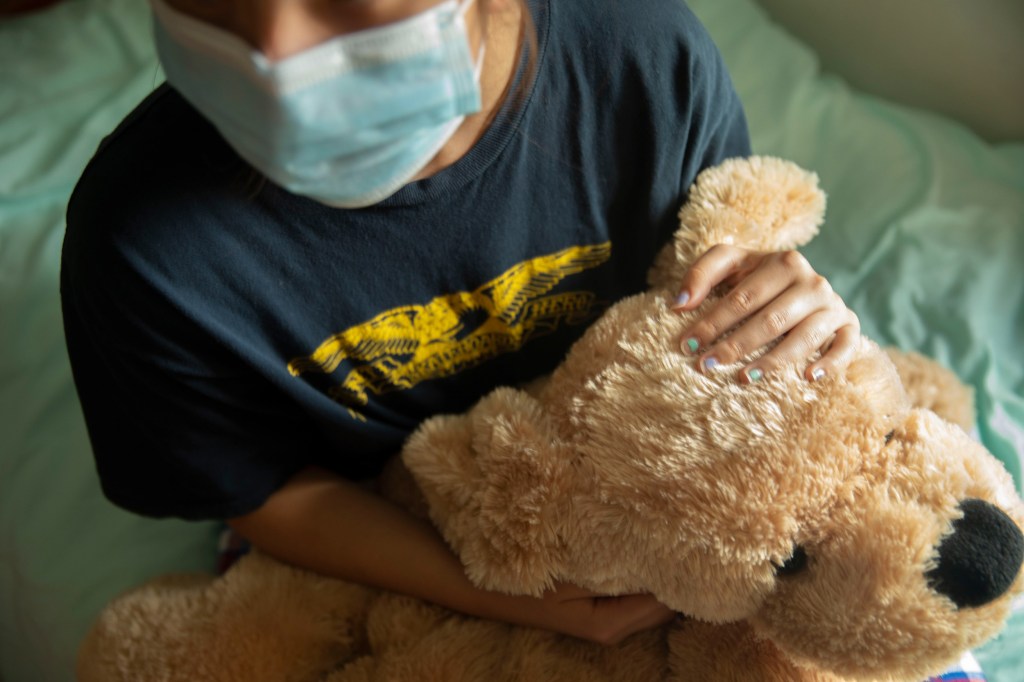
-
More than biology influences COVID risk
The GenderSci Lab at Harvard finds that more men than women are dying of COVID-19.

-
Medical immersion for students shifts online in pandemic
Students from as far away as Africa and Asia are benefiting from a COVID-prompted shift online of an HMS program that gives high schoolers a taste of life in the exam room.
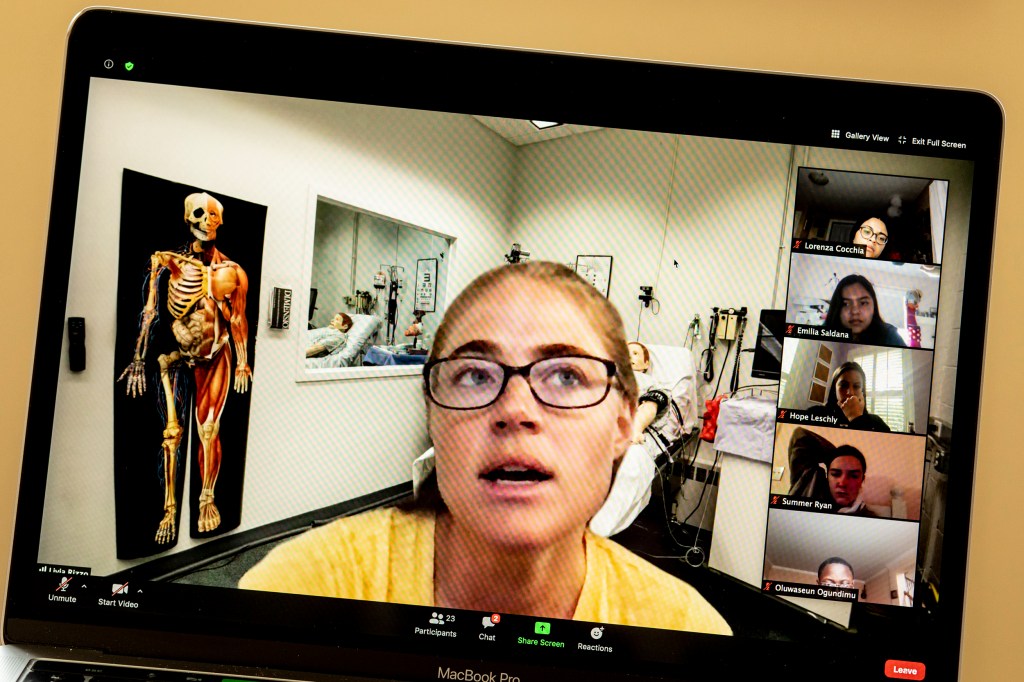
-
Soothing advice for mad America
The anger you’re seeing in the nation and your neighborhood — call it pandemic rage — is not in your imagination, according to a McLean hospital psychologist, who explains where it comes from and how to fight it.

-
After the game is over
Black, other athletes of color report more pain, physical impairment, mood disorders and cognitive problems than white peers.

-
Root of the problem
Sheila Riggs is developing and implementing innovative dental health care solutions through research and hands-on community engagement.
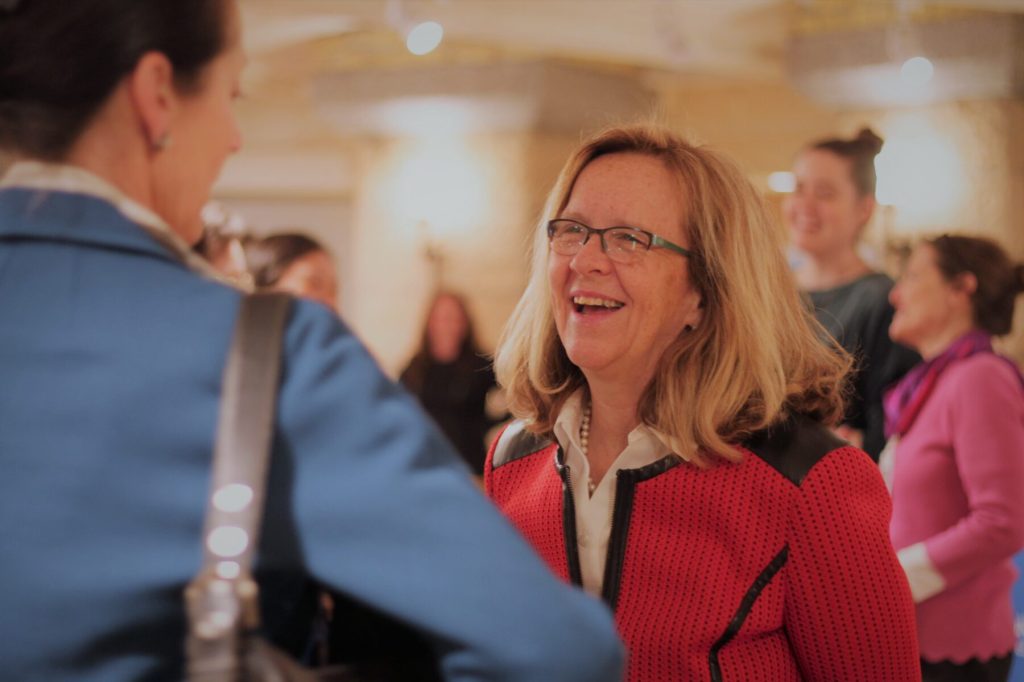
-
Cheap, frequent COVID tests could be ‘akin to vaccine,’ professor says
Shifting the U.S.’s COVID-19 testing strategy to emphasize inexpensive, daily tests would break national transmission chains within weeks, an infectious disease testing expert said.

-
Five simple steps would tame COVID-19
Anthony Fauci, one of the government’s top authorities on the coronavirus pandemic, said that simple measures including wearing masks, avoiding bars, and spending time outdoors can tame the pandemic, but only if widely adopted.

-
Promising progress on TB
A new drug regimen for multidrug-resistant tuberculosis shows early effectiveness in 85 percent of patients in a cohort including many with serious comorbidities
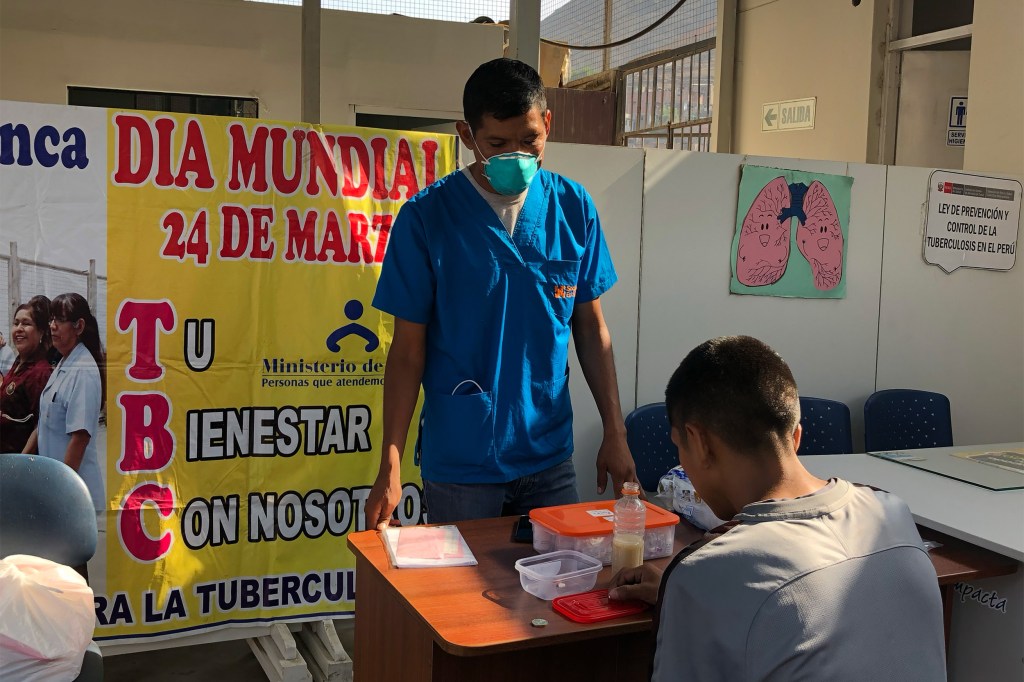
-
Time to resume COVID restrictions in some safe states?
Officials in states that appear to have COVID-19 under control should keep an eye on a slow rise in cases, and take the chance to enact modest measures before case numbers begin to rise rapidly again, a Harvard expert said.
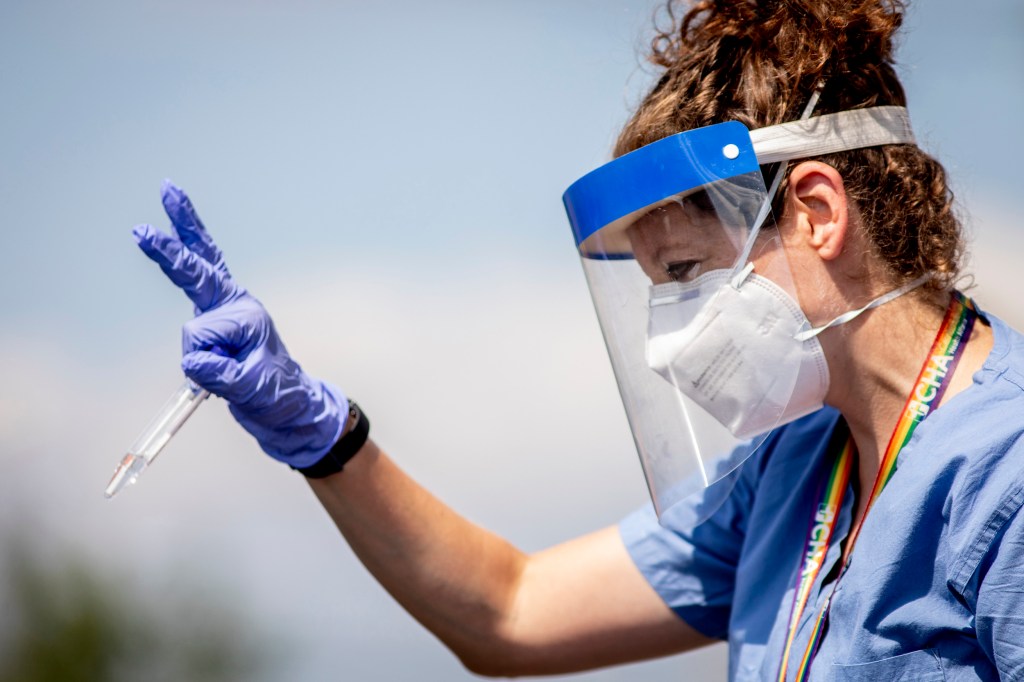
-
Treating children for worms yields long-term health, economic gains, study says
A 20-year study of Kenyan schoolchildren who receive sustained treatment against common parasitic infections grow up to achieve a higher standard of living, with long-lasting health and economic benefits that extend to their communities.

-
Childhood trauma can speed biological aging
Childhood violence and trauma has a direct effect on a person’s mental and physical health as they grow, with certain kinds of trauma also affecting the pace of aging.

-
Portable clotting agent slows internal bleeding by 97% in mice
An injectable clotting agent has been created that can reduce blood loss by 97 percent in mice models.
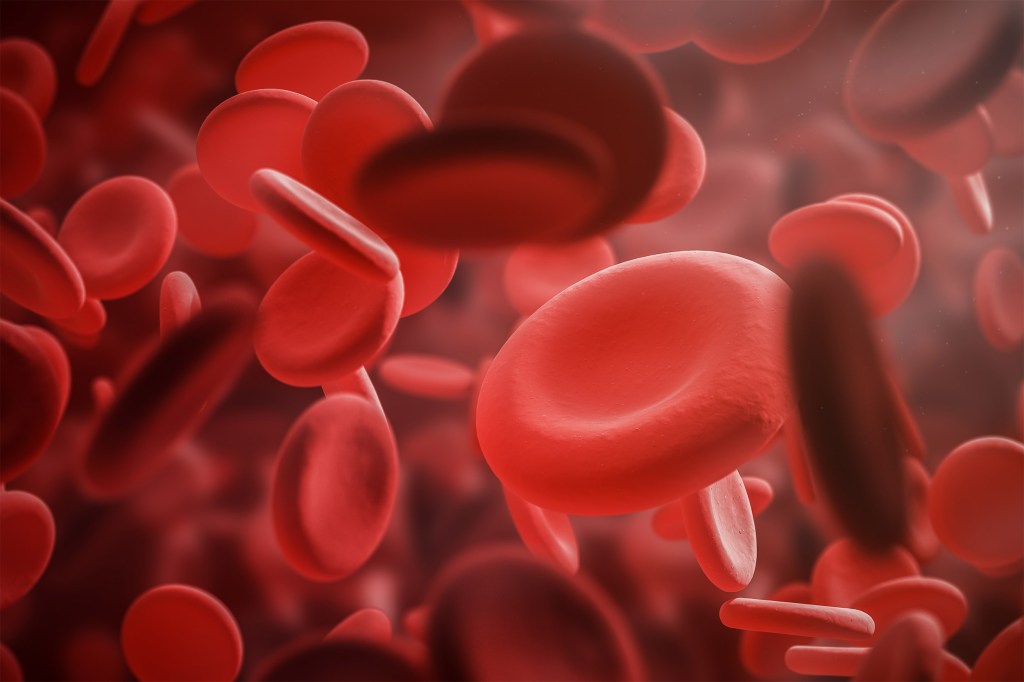
-
Finding patients
Michigan native Jeremy Lapedis works at the intersection of health care and social services for the most vulnerable residents of Washtenaw County.
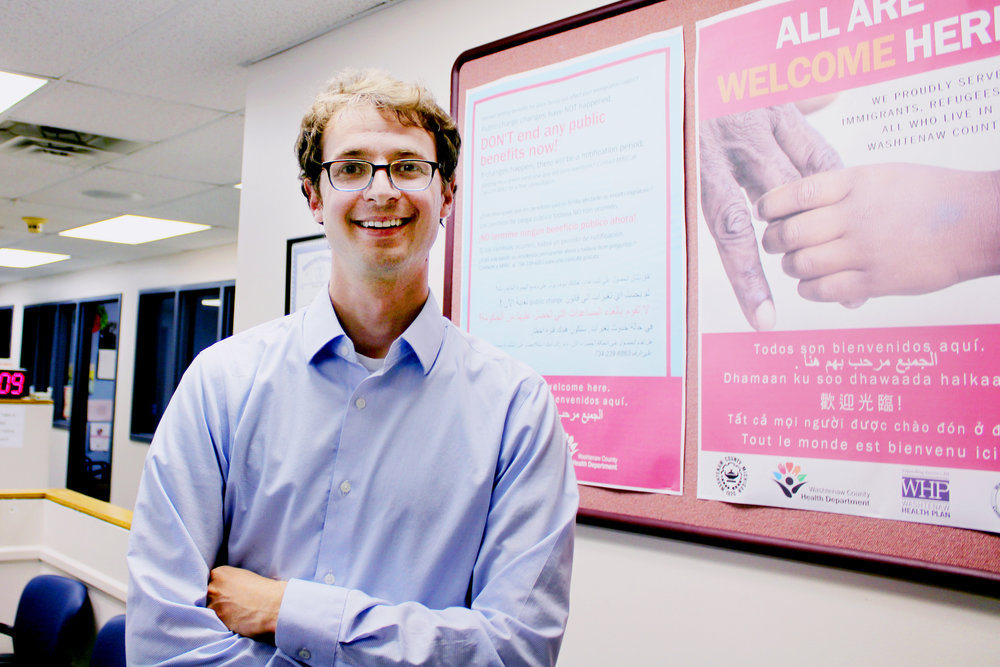
-
Single-shot COVID-19 vaccine proves successful with primates
A single-shot COVID-19 vaccine is being developed by scientists led by a Beth Israel Deaconess Medical Center immunologist.
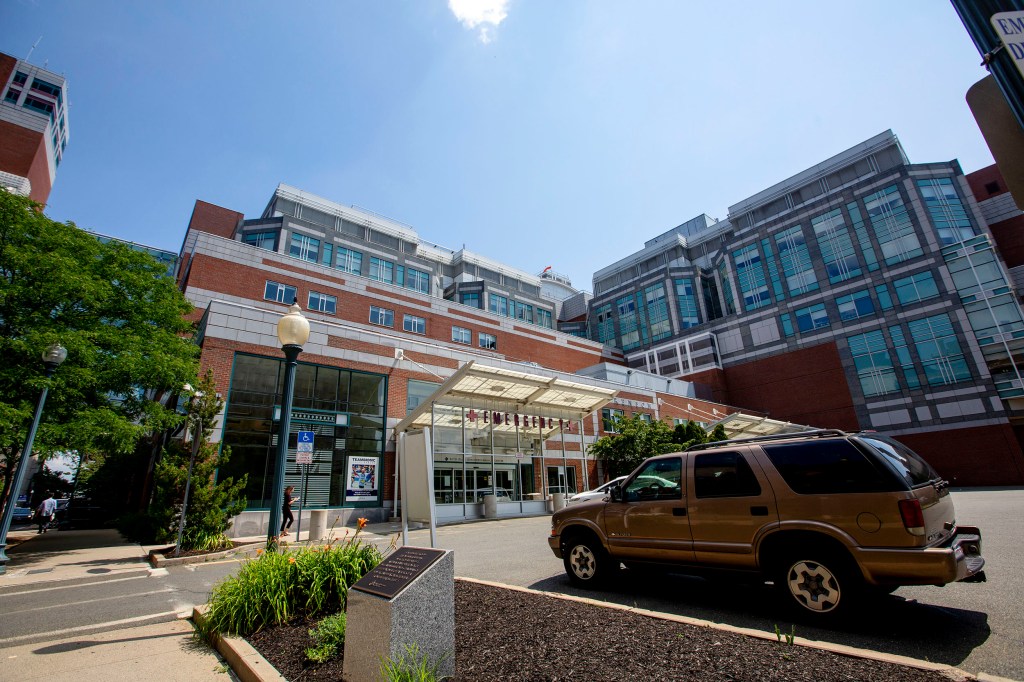
-
Vaccines may arrive in record time, but the virus has been faster
Vaccines that might protect against COVID-19 have entered phase 3 trials — the last step before regular approval in humans — in record time, but the virus has moved faster, experts say.

-
How COVID-19 causes smell loss
New study finds olfactory support cells, not neurons, are vulnerable to novel coronavirus infection.

-
‘Before a tsunami hits’
Seven researchers discuss the importance of COVID-19 research and pandemic preparedness, the value of teamwork, and the fragility of life.

-
Study suggests undetected cases help speed COVID-19 spread
Modeling study offers fresh insights into stealthy nature of coronavirus and how easily it jumps from person to person.
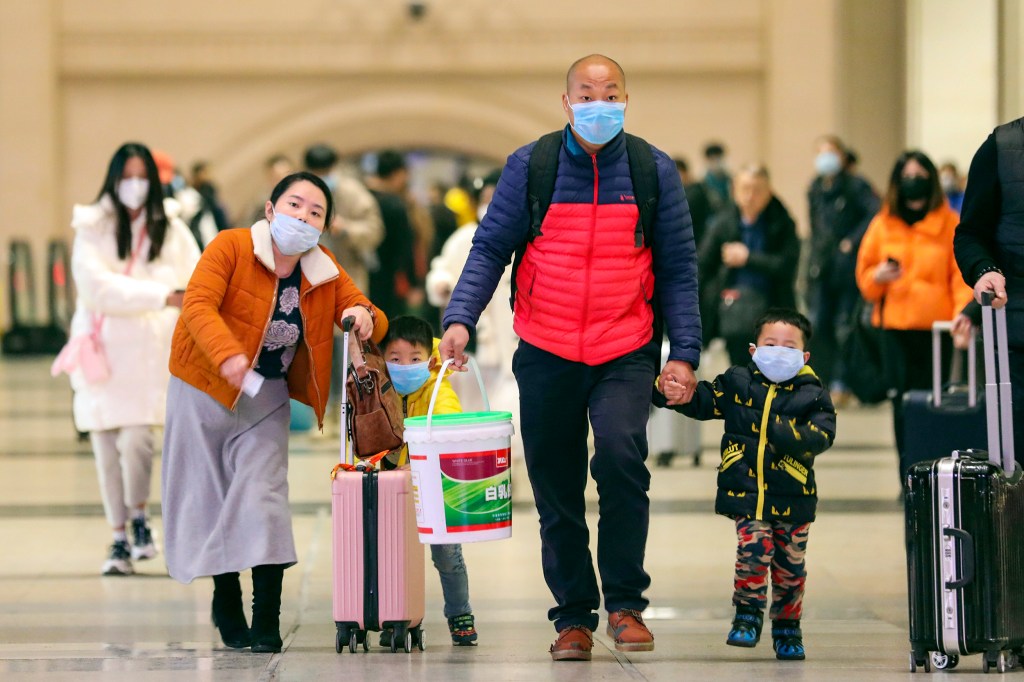
-
Checking up on the nation
The first study to examine life expectancy across more than 65,000 census tracts in the U.S. showed significant disparities within counties and states.

-
3 takes on dealing with uncertainty
In these volatile times, three Harvard professors share insights from their fields on how to handle uncertainty.

-
Among older adults, statin use tied to decreased risk of death
In a retrospective analysis of U.S. veterans 75 years or older, Harvard researchers found those who were prescribed statins had a 25 percent lower risk of death than their counterparts.

-
Health and care
HMS alum and Boston Health Care for the Homeless Program founder Dr. Jim O’Connell has dedicated his life to helping the city’s most vulnerable citizens.

-
Saving lives, together
With unlikely partners by her side, Morissa Sobelson Henn is working to battle the suicide rate in Utah, a state where the tragedy is far too common.

-
Sniffing out smell
Researchers describe for the first time how relationships between different odors are encoded in the olfactory cortex, the region of brain responsible for processing smell.

-
Pandemic threatens to veer out of control in U.S., public health experts say
Harvard public health experts said the U.S. coronavirus epidemic is getting “quite out of hand” and that lower death rates and younger populations testing positive should give no comfort.

-
Healthy buildings expert outlines recommendations for school reopenings
As school officials worry about whether they can safely reopen their districts in the fall, Joseph Allen, a Harvard healthy buildings expert has an answer: yes.

-
Primary care sector projected to lose $15 billion
As a result of COVID-19 shutdowns, a $15 billion loss in the primary care sector is expected to threaten practice viability, reducing further an already insufficient number of primary care providers in the United States.



